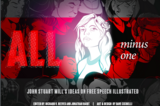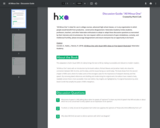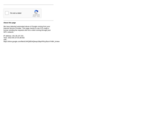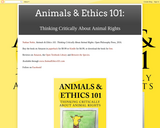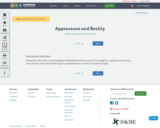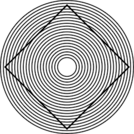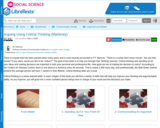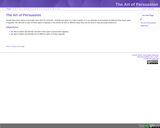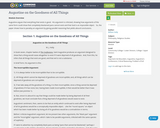
Short Description:
100 Ideas for Active Learning is a practical handbook to inspire innovative educational experiences. It is for educators and curriculum designers who wish to apply active learning tools and strategies in their own teaching and learning contexts. Effective learning happens through embodied experiences, when students are utilising all their senses - physical, mental, emotional, and social. In this book, practitioners from around the world have come together to author one hundred short chapters, each with an idea designed to help educators encourage their students to take an active learning approach to their studies.
Long Description:
This is a practical handbook for educators and curriculum designers who wish to apply active learning tools and strategies in their own teaching and learning contexts. It contains short chapters under six themes: theory and curriculum design, inclusive communities, transferable skills, assessment and feedback, teaching strategies, digitally-enhanced learning. Practitioners from around the world offer ideas for those wishing to encourage students to take active learning approaches to their studies. Effective learning happens through embodied experiences; when students are applying all their senses, physical, mental, emotional and social.
The book is novel in its inception, scope and aims. Educationalists from across the world have come together to write about something they are passionate about and hope will improve teaching delivery, student learning experiences and assessment integrity for all. Dr Paolo Oprandi, University of Sussex
This book offers practical advice (supported by pedagogical theory) for implementing active learning techniques. It is a great resource for educationalists who are looking for fresh ideas, both in the classroom and online! Nayiri Keshishi, University of Surrey
This book is a must-have tool book for teachers looking to improve engagement and liven up their lessons. This book is recommended for teachers from all stages of their career, from an experienced educator who needs some refreshing to a beginner who requires easy-to-follow creative ideas to support them. What I love about this book is that it offers a diverse range of activities that cater for all subjects. It is also refreshing to have a book containing activities coming from educators across the world. Dr Shelini Surendran, University of Surrey
Produced by a globe-straddling team, this innovative volume was put together whilst authors were dealing with the disruptions of the COVID-19 pandemic. It is a testament to the editorial team, as well as individual authors. The diverse chapters it contains will provide inspiration for educators across disciplines far into the future. Peter Finn, Kingston University
For me, this has quickly become a go-to book for anything Active Learning, covering a myriad of examples and cases for various disciplines and areas of application, from assessment practice to inclusive practice, and will be of value to educationalists exploring active learning principles for the first time, to the veteran pedagogue looking for diverse inspiration. Matt East, Perlego
Word Count: 142064
ISBN: 9780995786271
(Note: This resource's metadata has been created automatically by reformatting and/or combining the information that the author initially provided as part of a bulk import process.)
- Subject:
- Arts and Humanities
- Education
- Higher Education
- Philosophy
- Material Type:
- Textbook
- Provider:
- University of Sussex
- Date Added:
- 07/20/2022
